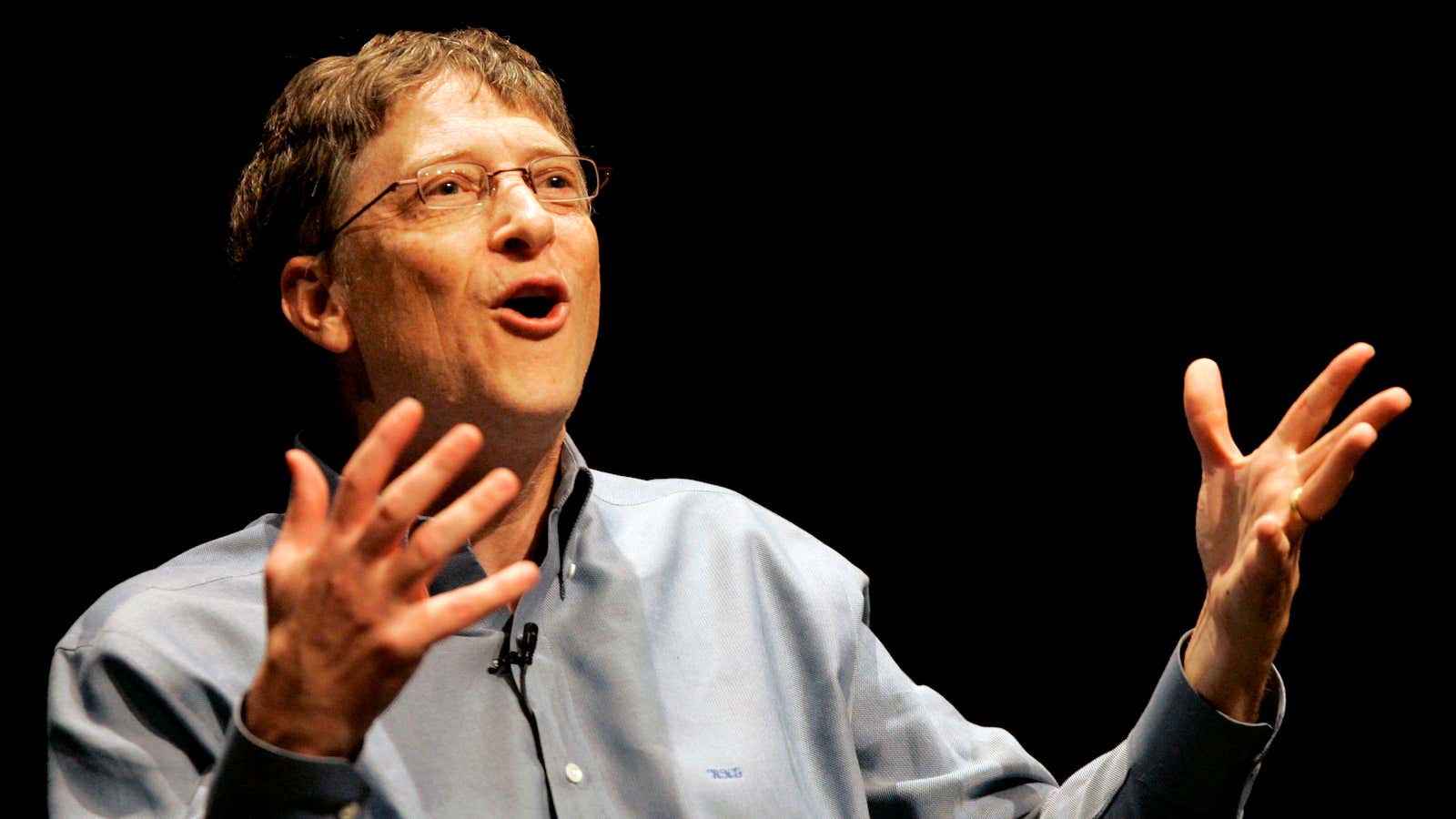Venture capitalists have a notorious bias against older founders—“older” being relative in youth-obsessed Silicon Valley. “The cutoff in investors’ heads is 32,” Y Combinator co-founder Paul Graham (now 53) told the New York Times in 2013. “After 32, they start to be a little skeptical.”
Sun Microsystems co-founder and venture capitalist Vinod Khosla was only slightly more forgiving when he told a conference in 2011, “People under 35 are the people who make change happen . . . people over 45 basically die in terms of new ideas.” (Khosla was 57 at the time; by his own logic, he should have dismissed that thought.)
New research finds that prejudice against people with the audacity to live past 35 isn’t just discriminatory. It’s also bad business.
Using data from the US Census and the Internal Revenue Service, MIT researchers Pierre Azoulay and Daniel Kim, along with Benjamin Jones at Northwestern University’s Kellogg School of Management and Javier Miranda of the US Census Bureau, looked at the ages of entrepreneurs who started companies in the years 2007 to 2014. The average age of a founder who went on to hire at least one employee was 42. The average age of founders of the most successful startups—those with growth in the top 1% of their industry—was 45.
“If you knew nothing else, and you had two identical ideas, one proposed by a very young person, one proposed by a middle-aged person, and that’s the only thing you have to go on, you would be better off—if you wanted to predict success—betting on a middle-aged person,” Azoulay says.
Why the correlation between multiple decades and startup growth? The researchers found that people with experience were—get this!—more successful than those without it. People who had been previously employed in their company’s industry were 125% more likely to see either high growth or a successful sale of their own startup. The age bracket of those least likely to found a “1 in 1,000 top growth firm,” as the researchers put it, or a company with a lucrative exit? People in their early twenties.
So why does this unfounded preference for youth exist? Part of it is availability bias: young founders like Facebook’s Mark Zuckerberg or AirBnB’s Brian Chesky get a lot of media coverage, and people tend to give undue weight to examples that are frequently covered in the media and thus are easy to recall.
The other problem may be that in a place as terrified of mortality as Silicon Valley, there’s an unconscious bias against anyone who presents a reminder of it. As Tad Friend pointed out in the New Yorker, ageism is revulsion at the prospect of one’s future self. The MIT research shows that the future (at least, relative to a 20-something) may not be so bad.
